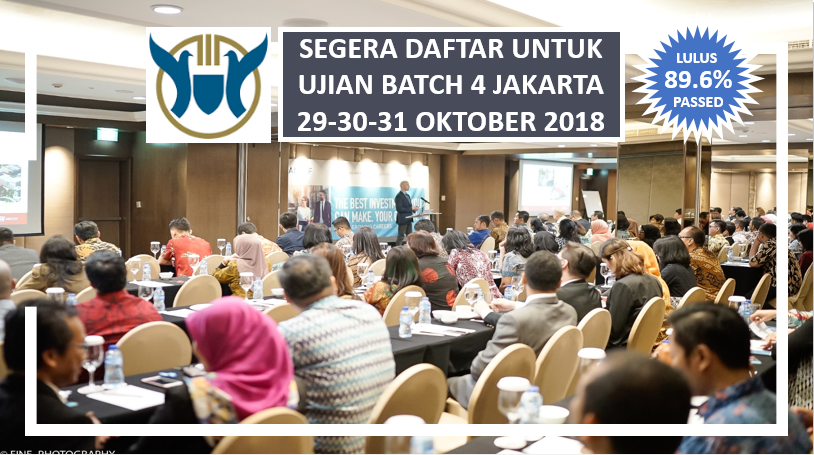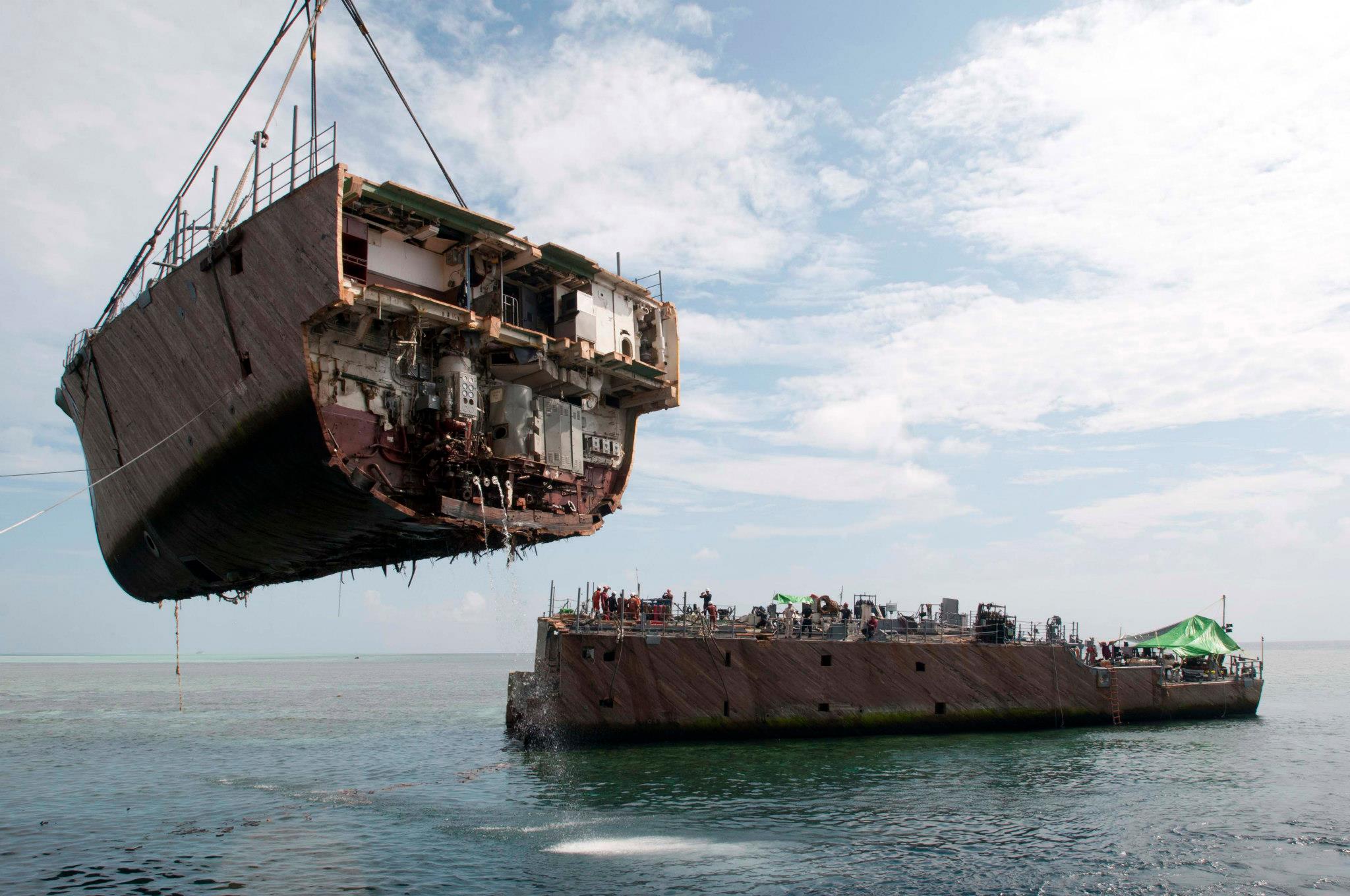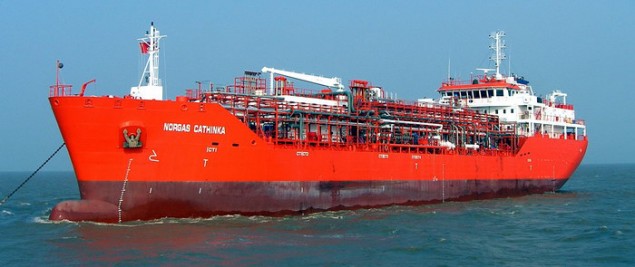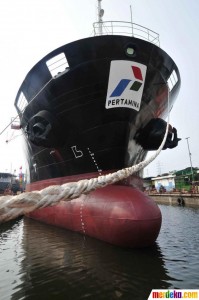Abandonment Clause
- Tuesday, May 26, 2015, 13:34
- A-Clauses
- Add a comment
This type of insurance clause typically comes into play with marine insurance, such as boats or watercraft. If a ship is sunk or lost at sea, the abandonment clause affords the owner the right to essentially “give up” on finding or recovering his or her property and subsequently collect a full insurance settlement from the insurer.
If salvaging or rehabilitating a ship or cargo following a marine loss costs more than the goods are worth, the loss is said to be constructively total. Under such conditions, the ocean marine policy permits the insured to abandon the damaged ship or cargo to the insurer and make a claim for the entire value. In this case, the salvage belongs to the insurer, who may dispose of it in any way. Abandonment is not permitted in other forms of property insurance.
But currently this “Abandonment Clause” is broadly adopted for property or heavy equipment insurances.
A clause in a property or heavy equipment insurances contract that, under certain circumstances, permits the property owner to abandon lost or damaged property and still claim a full settlement amount. If the insured party’s property cannot be recovered, or the cost to recover or repair it is more than its total value, it can be abandoned and the insured party is entitled to a full settlement amount.
Insurers normally would apply this “Abandonment Clause” to play with this rule or request from client, i.e. typically drafted as follows:
ABANDONMENT CLAUSE
For the purpose of this insurance, there are a number of rules apply to Constructive Total Loss such as :
- The interest insured must be reasonably abandoned to the Insurer; although there is no obligation on the Insurer to accept such abandonment.
- Notice of the intention to abandon the interest insured to Insurer must be given immediately, the Insured is aware of circumstances which will induce him to abandon the interest insured and to claim a Constructive Total Loss.
Any question please call Imam MUSJAB at +628128079130 or email at imusjab@gmail.com
Source:
Abandonment as per Marine Insurance Act 1906
- Constructive total loss defined
(1) Subject to any express provision in the policy, there is a constructive total loss where the subject-matter insured is reasonably abandoned on account of its actual total loss appearing to be unavoidable, or because it could not be preserved from actual total loss without an expenditure which would exceed its value when the expenditure had been incurred.
(2) In particular, there is a constructive total loss–
(i) Where the assured is deprived of the possession of his ship or goods by a peril insured against, and
(a) it is unlikely that he can recover the ship or goods, as the case may be, or
(b) the cost of recovering the ship or goods, as the case may be, would exceed their value when recovered; or
(ii) In the case of damage to a ship, where she is so damaged by a peril insured against that the cost of repairing the damage would exceed the value of the ship when repaired. In estimating the cost of repairs, no deduction is to be made in respect of general average contributions to those repairs payable by other interests, but account is to be taken of the expense of future salvage operations and of any future general average contributions to which the ship would be liable if repaired; or
(iii) In the case of damage to goods, where the cost of repairing the damage and forwarding the goods to their destination would exceed their value on arrival.
- Effect of constructive total loss
Where there is a constructive total loss the assured may either treat the loss as a partial loss, or abandon the subject-matter insured to the insurer and treat the loss as if it were an actual total loss.
- Notice of abandonment
(1) Subject to the provisions of this section, where the assured elects to abandon the subject-matter insured to the insurer, he must give notice of abandonment. If he fails to do so the loss can only be treated as a partial loss.
(2) Notice of abandonment may be given in writing, or by word of mouth, or partly in writing and partly by word of mouth, and may be given in any terms which indicate the intention of the assured to abandon his insured interest in the subject-matter insured unconditionally to the insurer.
(3) Notice of abandonment must be given with reasonable diligence after the receipt of reliable information of the loss, but where the information is of a doubtful character the assured is entitled to a reasonable time to make inquiry.
(4) Where notice of abandonment is properly given, the rights of the assured are not prejudiced by the fact that the insurer refuses to accept the abandonment.
(5) The acceptance of an abandonment may be either express or implied from the conduct of the insurer. The mere silence of the insurer after notice is not acceptance.
(6) Where notice of abandonment is accepted the abandonment is irrevocable. The acceptance of the notice conclusively admits liability for the loss and the sufficiency of the notice.
(7) Notice of abandonment is unnecessary where, at the time when the assured receives information of the loss, there would be no possibility of benefit to the insurer if notice were given to him.
(8) Notice of abandonment may be waived by the insurer.
(9) Where an insurer has re-insured his risk, no notice of abandonment need by given by him.
- Effect of abandonment
(1) Where there is a valid abandonment the insurer is entitled to take over the interest of the assured in whatever may remain of the subject-matter insured, and all proprietary rights incidental thereto.
(2) Upon the abandonment of a ship, the insurer thereof is entitled to any freight in course of being earned, and which is earned by her subsequent to the casualty causing the loss, less the expenses of earning it incurred after the casualty; and, where the ship is carrying the owner’s goods, the insurer is entitled to a reasonable remuneration for the carriage of them subsequent to the casualty causing the loss.
See Marine Insurance Act 1906
http://www.jus.uio.no/lm/england.marine.insurance.act.1906/doc.html#204
About the Author
Write a Comment
Gravatars are small images that can show your personality. You can get your gravatar for free today!







